City Nature Challenge 2024: Pima County, Arizona, April 26-29

2023 Pima County Results:

Broad-reaching science depends on diverse community participation.
Community science has been happening ever since humans could communicate, though in recent years the tools we use and our ability to share and communicate information have exploded! Community science relies on non-professional scientists and community members to contribute to crowd-sourced data collection and analysis. Our collective observations of plants and animals create an important global record of biodiversity and changes in our environment, thus using the power of the many to answer some of the biggest questions we face today.
You do not need to have scientific training to contribute to our understanding of the natural world; the study of nature is for everyone. We seek to provide community science opportunities through our own Pima County Master Naturalist projects and those of our partners. These projects aim to connect people to nature and to protect local diversity, all while supporting a growing community of local naturalists. We want to emphasize that everyone in the community is encouraged to participate in these endeavors; community science benefits from the diverse viewpoints, traditions, and skills of everyone in our community.
The Arizona Master Naturalist’s Pima Chapter is hosting the 2024 City Nature Challenge in Pima County, Arizona. Be a part of this community science project by participating in this worldwide effort to document the amazing biodiversity of our region.
April 26th through April 29th– Search for WILD plants, animals, and other creatures to see how many species you can find and show the world how diverse our region is. Add your observations to iNaturalist and they’ll automatically be included in the project.
April 30th through May 5th– Finish any last uploads and identify all of the observations in the project. Let’s see how many we can get to research grade!
Join the Pima County City Nature Challenge project on iNaturalist to get updates. We will add events below as they are confirmed. Visit the main City Nature Challenge website to learn more about the event and to see the list of the 400+ cities participating in 2023!
Joining the project is easy:
- Download the free iNaturalist app to your mobile device. iNaturalist is a community-powered website and app that makes it easy to upload and share your observations in the field and to get help from other users with flora and fauna IDs.
- During April 26-29, take photos to make observations of wild plants and animals in your house, your backyard, a park, your neighborhood – anywhere you find nature and can maintain safe social distancing. Check out this guide for finding nature in and around your home for ideas of where to look for species. Be sure to mark the observation as captive/cultivated if it’s not a wild organism!
- Upload your photos to iNaturalist. They will be automatically added to the Pima County City Nature Challenge project. Note that only photos taken in the April 30 – May 5 time range within the project boundaries of Pima County will be added.
- Learn more as your finds get identified, and feel free to help ID other people’s observations, especially during the April 30 – May 5 identification period.
- Results will be announced on Monday, May 6th!
Please help us spread the word about the City Nature Challenge! Share our Tucson CNC Facebook event.
City Nature Challenge Events
In Advance of the City Nature Challenge:
NEW!!! Check out a Community Science Kit at the Pima County Public Library (Joel D Valdez Main Library or Richard Elías-Mission Library). There are three kits available: 1. Exploring Biodiversity, 2. Measuring Light in the Night, and 3. Observing Pollinators. The biodiversity and pollinator kits are perfect to get you ready for and to participate in the City Nature Challenge!
Upcoming events will be listed here
Date / Time
Location
Host
Community Partners
The 2024 Pima County City Nature Challenge is organized by The Pima County Master Naturalists in conjunction with the California Academy of Sciences and the Natural History Museum of Los Angeles County. We’re fortunate to partner with incredible organizations across Pima County for the City Nature Challenge! These partners help us get the word out, hold events, and make the City Nature Challenge the fun and educational 4-day nature bioblitz that it is. Click the links below to learn more about our partners.
 Cooper Center for Environmental Learning
Cooper Center for Environmental Learning
 Flandrau Science Center & Planetarium
Flandrau Science Center & Planetarium
Girl Scouts of Southern Arizona
 UA Laboratory of Tree Ring Research
UA Laboratory of Tree Ring Research
 UA Women in Science & Engineering
UA Women in Science & Engineering
How to Participate in CNC in Light of COVID-19
As a participant, it is up to you how much or how little you take part! Do only what feels safe for you & your family. It is imperative that you follow all government regulations and guidelines, though.
We’re not sure yet what we’ll be able to do by the end of April. But since we’re still able to get outside, let’s try to enjoy & document nature in whatever ways we feel we can. Being outside can also help to lower stress levels and increase overall feelings of well-being, so take care of yourselves by being in nature if you’re able to. Here are some suggestions, and check out our guide to exploring nature around your home:
Indoors:
– Did you know that there are on average 93 species of arthropods living in houses?
– What can you find in your house? What can you see through your windows?
– Focus on identifications! Once the CNC starts, help identify what’s being found in Pima County.
– During May 3-8, hold virtual ID parties with your friends!
In Backyards:
– Put up bird feeders or moth lights, or put down cover boards to bring nature to you!
– What are the wild plants growing in your yard?
– What insects or other creatures are using the cultivated plants in your yard as habitat or a food source?
Outside of your home and backyard:
– Wear a mask and practice social distancing wherever you go.
– Make observations on your own or with your family in local parks and open spaces.
– Think about making observations along sidewalks, pavements, roads, or in residential areas if local parks are too crowded for social distancing. Always be mindful of traffic.
Stay safe, hang in there, and we can’t wait to see what you find – in your houses, in your backyards, along sidewalks, in parks – and know that people all around the world are joining you in documenting nature in whatever way they can during these times.
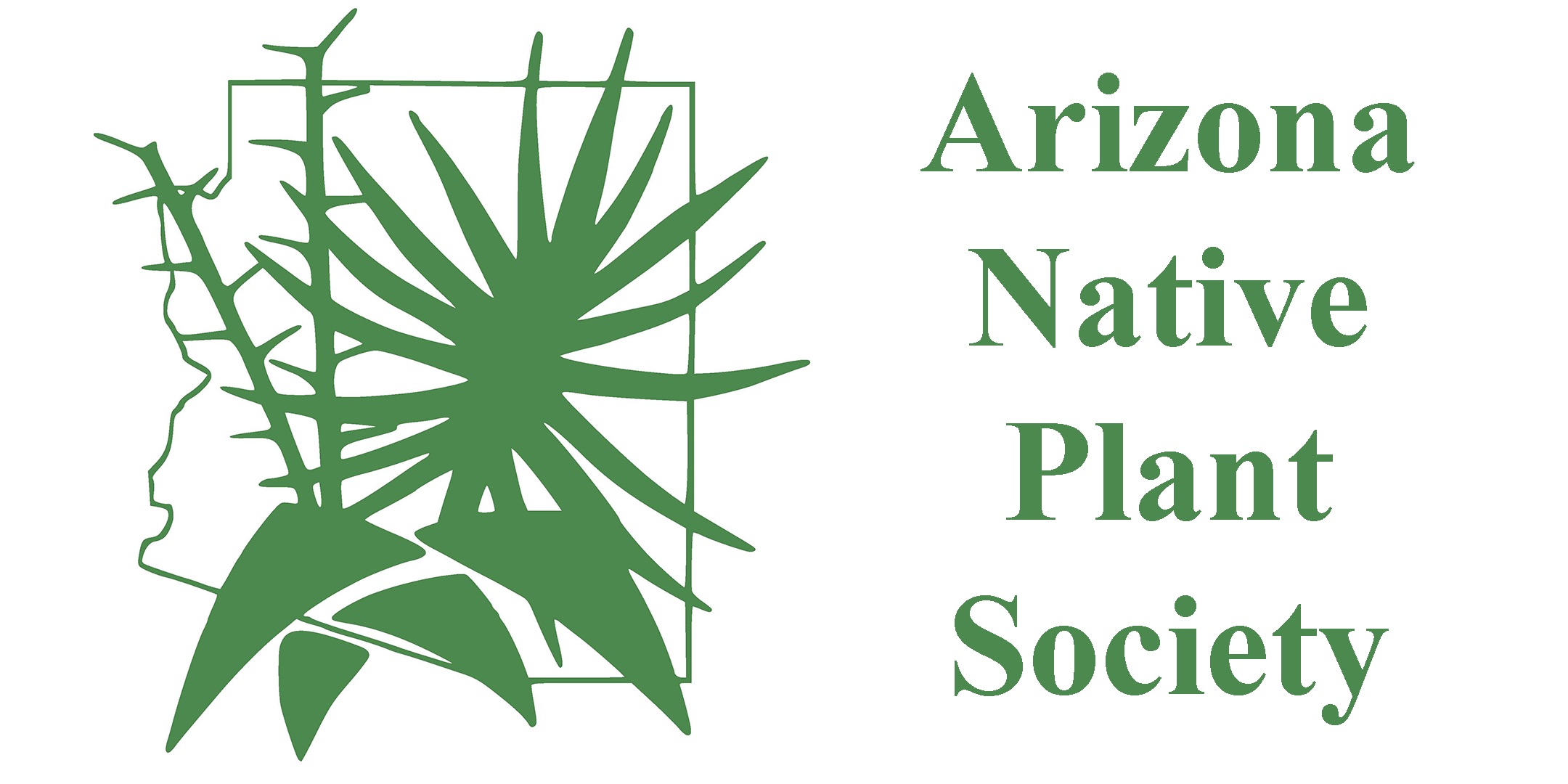

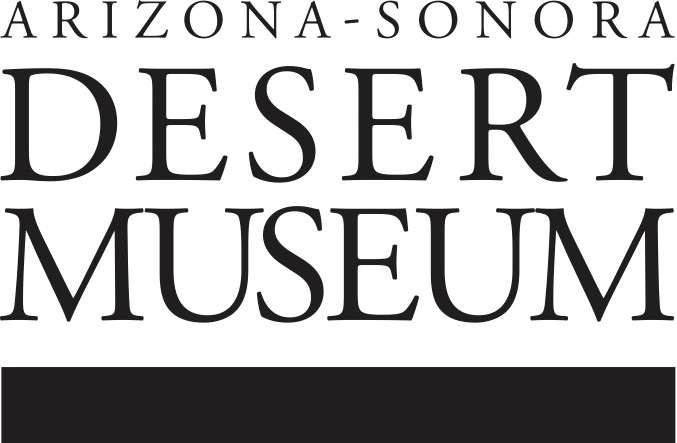
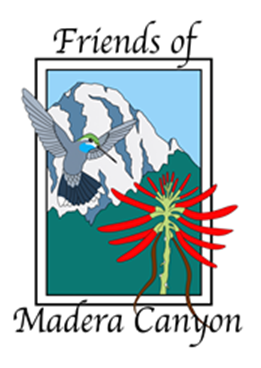
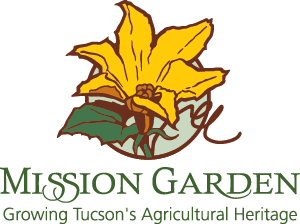
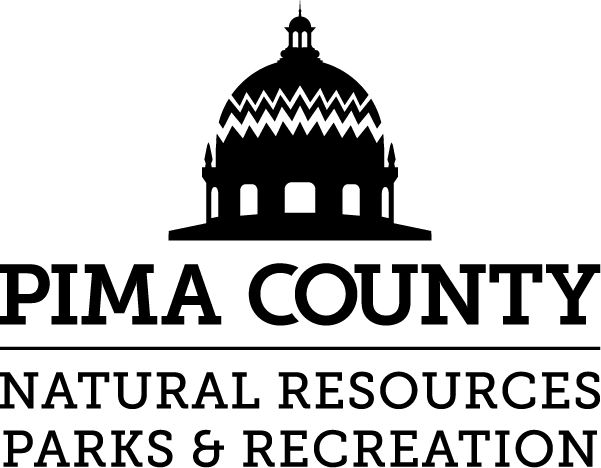

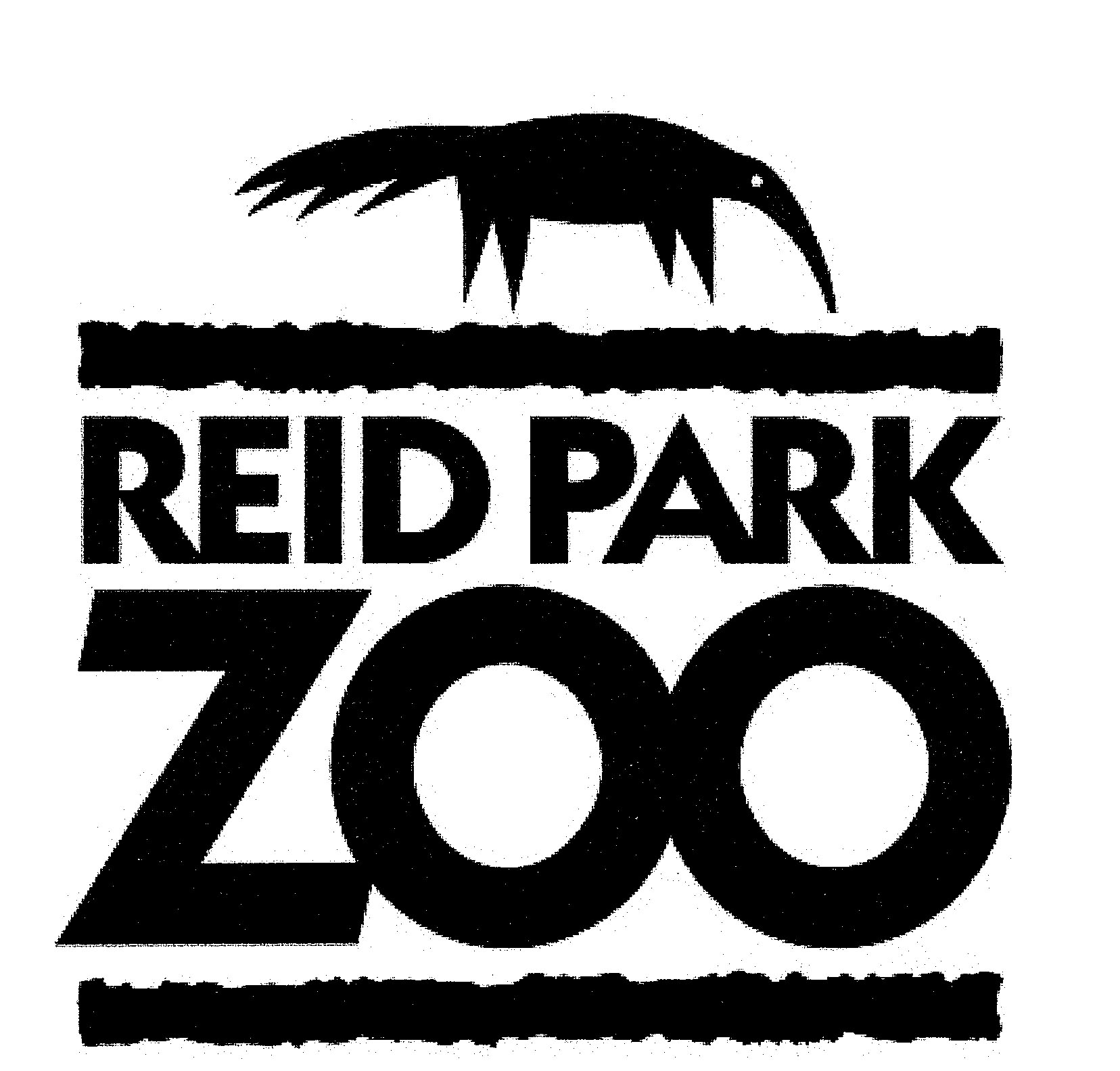
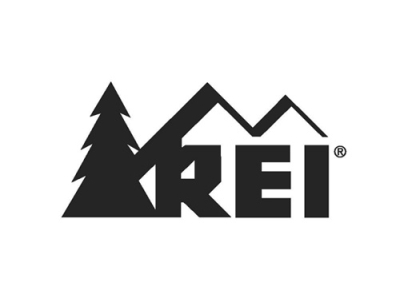


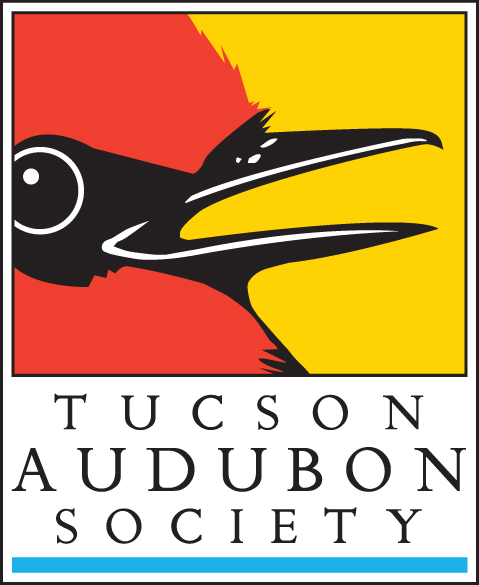


You must be logged in to post a comment.